This article is an opinion piece and does not necessarily reflect the views of the Daily Dot.
Yesterday, the Daily Dot published a story on a group of trolls that live on the streaming site Twitch. They relish in the recklessness of the site’s pseudonymous chat section, and specifically the channel of Hearthstone streamer Sebastien “Forsen” Fors. Their operations are simple. Someone posts a link to a fellow Twitch user’s channel (usually a woman), and they bombard the victim with the traditional bottom-rung harassment. Their target, in one instance, was a woman with an estrogen deficiency, giving her a deeper-than-normal voice.
“Are you a girl or a boy,” one user said. “Jesus christ your hideus,” another added in what became a torrent of abuse.
This behavior isn’t new. If you’ve spent any time on the internet, you’ve witnessed ugliness just like it in a thousand places. Members of Fors’ chat have become particularly malicious, thanks in part to his laissez faire attitude—and the fact that he feels the chat is simply too overwhelmingly busy. But his chat is far from the only channel that spawns abuse. Possible solutions—blocking link-sharing or harsher ban punishments—are Band Aids at best, especially when much of the moderation is down to the individual channels themselves. This isn’t a problem that’s going to be solved with stricter rules.
Twitch chat has to go.
I spent a lot of time browsing 4chan when I was younger. I go there in a probably the same way as a lot of others: A general interest in video games, anime, comic books, and offbeat porn gently drew me deeper into the dorky, darker corners of the internet. Collectively, it was, at one point, the funniest thing I had ever seen. A constant stream of chaos, deliriously mashed-up memes, bizarre gross-out shocks. I was infatuated. It was my home every night. I wasn’t worrying about the severely problematic undertones because, well, I wasn’t worrying about it. I had other priorities, and the hits just kept coming.
Twitch chat might be one of our favorite things about esports. But it’s already become a liability.
I got older, though, and realized the things that made me laugh weren’t quite as essential as they once seemed. But there’s something about the chaos I still find a tiny voice in my head defending. Through all the horrific misogyny and racism, it’s all just a joke right? It’s on the internet, it can’t possibly be real, right?
Then GamerGate happened. Whatever you might want to say about the movement’s ideology, there’s no debate that the dregs of 4chan and its ilk were responsible for the torment of dozens of innocent game developers. Then, a couple months ago, a 33-year-old guy named David Michael Kalac allegedly murdered his live-in girlfriend then uploaded pictures of her dead body to 4chan before he was arrested. Police later said the pictures matched the crime scene. “I just wanted to share the pics before they find me,” he wrote.
These are heavy examples, and there’s plenty on 4chan that have nothing to do with harassment or gore. But they were all the proof I needed to remember that sometimes devilry on the Internet, no matter how innocent, can do significant, long-term damage.
Twitch chat has become integral to esports. Major events are a lot less fun if you can’t follow along with the nonsense in real time. It’s a constant stream of aggression, jubilation, and esoteric memes that all disappear as soon as you leave the channel. It’s a lot like 4chan. I love it.
This isn’t a problem that’s going to be solved with stricter rules.
But like 4chan, esports’ addiction to the hilarious, anonymous anarchy often sees the community looking beyond those many, many times where Twitch chat goes bad. Fors’ chat isn’t the only offender. Twitch viewers have become disturbingly good at forming remarkably single-minded communities, united simply to make whoever is on the other side of the computer screen feel small. It can be petty, but it can also get downright scary.
Almost every time I tune into a Hearthstone channel, there are countless people being bullies, or spamming pervy come-ons or their own slimy fan-fiction. One of Hearthstone’s few popular female players has been the subject of constant abuse since her private, nude photos were leaked online. Whenever she’s mentioned in a chat room, the nude photos are either requested or shared—an endless stream of harassment.
It’s easy for Twitch users, many of them teenage boys, to pass all this off as “just a joke.” It’s easy to do what I did with 4chan, and put it out of mind completely, or acknowledge it as a regrettable inevitability—just a dark part of living on the internet. Twitch CEO Emmett Shear is on record taking a similar viewpoint: “every time you allow humans to interact on the internet, some people are kinda dicks about it.” I understand his defeatist attitude, because doing anything concrete to change the format is self-sabotaging. It’s the same defense 4chan and Reddit and every other social platform on the internet uses to excuse the darkness that they produce—it just doesn’t fit the business model to fix it.
But Twitch has mainstream ambitions. It’s staff have bragged in recent weeks about how they expect esports, as a whole, to be as big as the big three American sports. It’s no longer an independent startup, either. Twitch’s new corporate overlords, Amazon, aren’t likely to look kindly at the type of PR nightmares looming in the future of Twitch’s anonymous chat rooms.
If you’re an esports fan, think showing a huge League of Legends, or Dota 2, or Hearthstone tournament to your friends and family for the first time. How do you think they’d react to the hatred popping up on the side of your screen? Think about showing them that same chat whenever a woman appears on screen. Can you think of a worse advertisement for the community? Twitch chat might be one of our favorite things about esports. But it’s already become a liability.
Illustration by Jason Reed



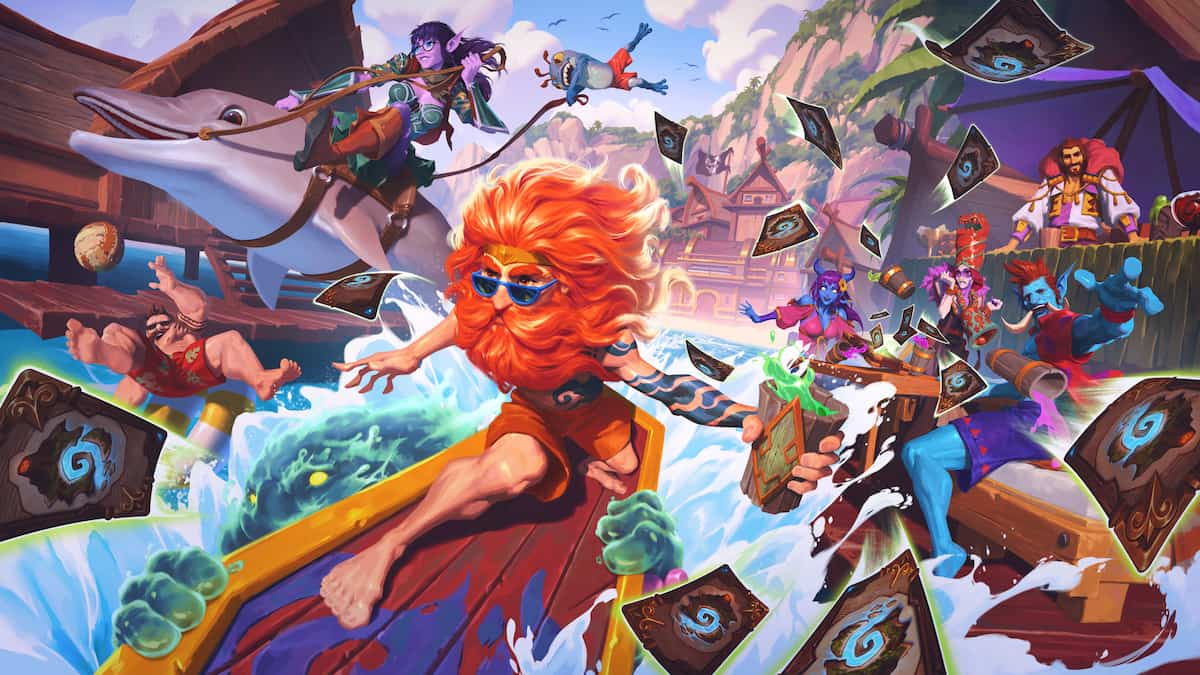
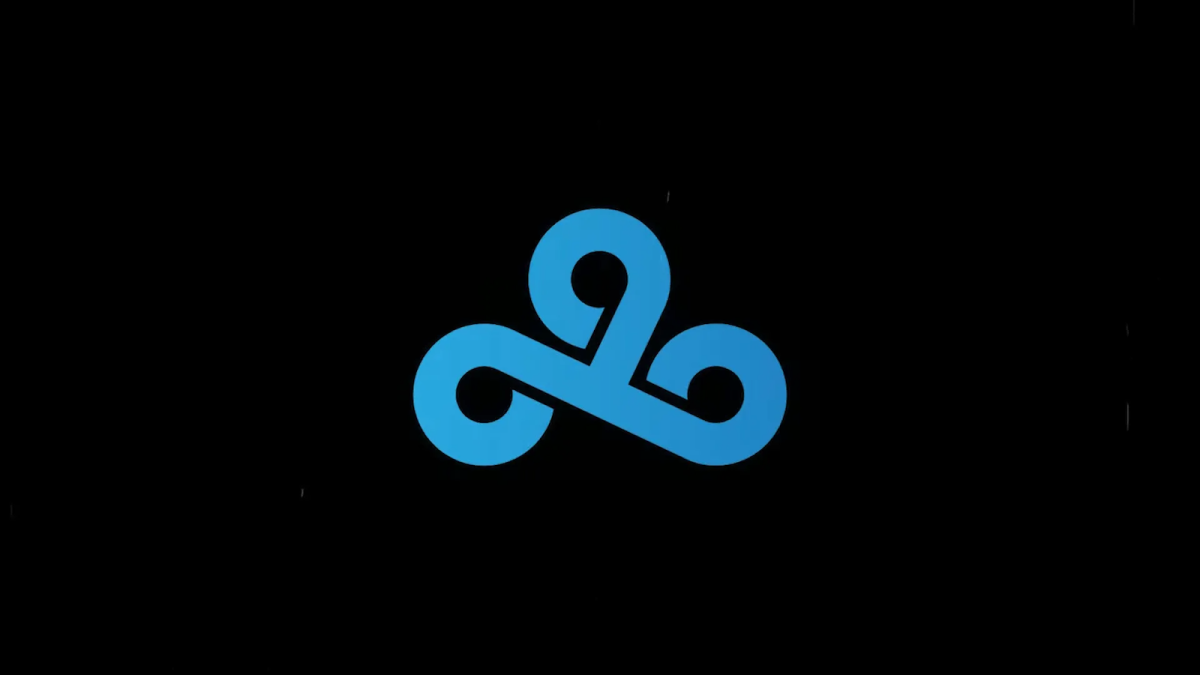
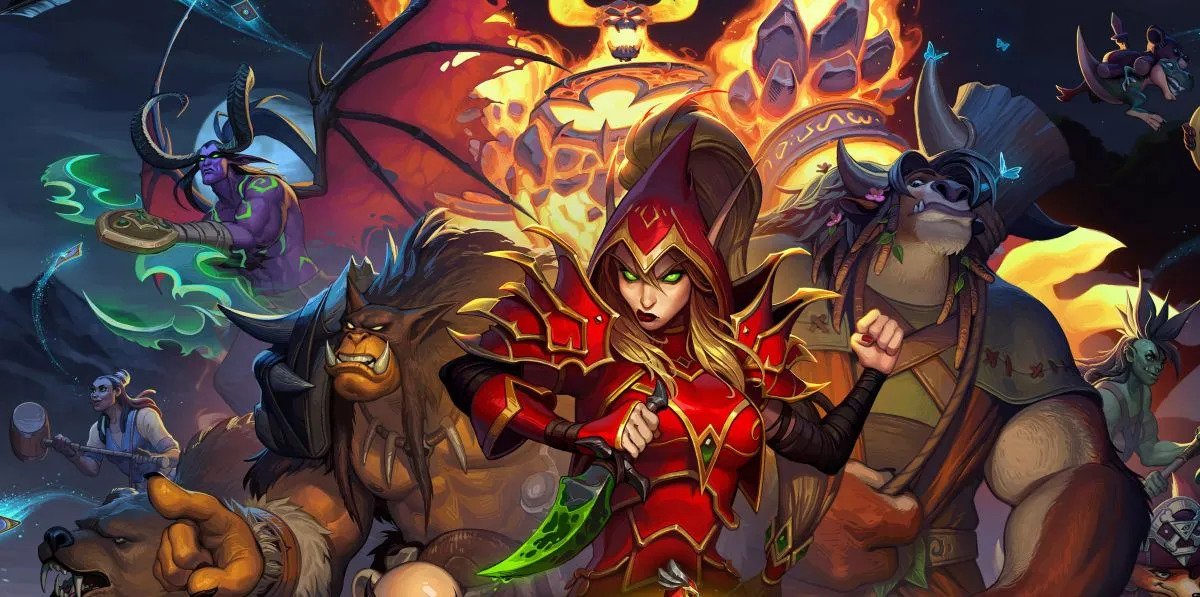
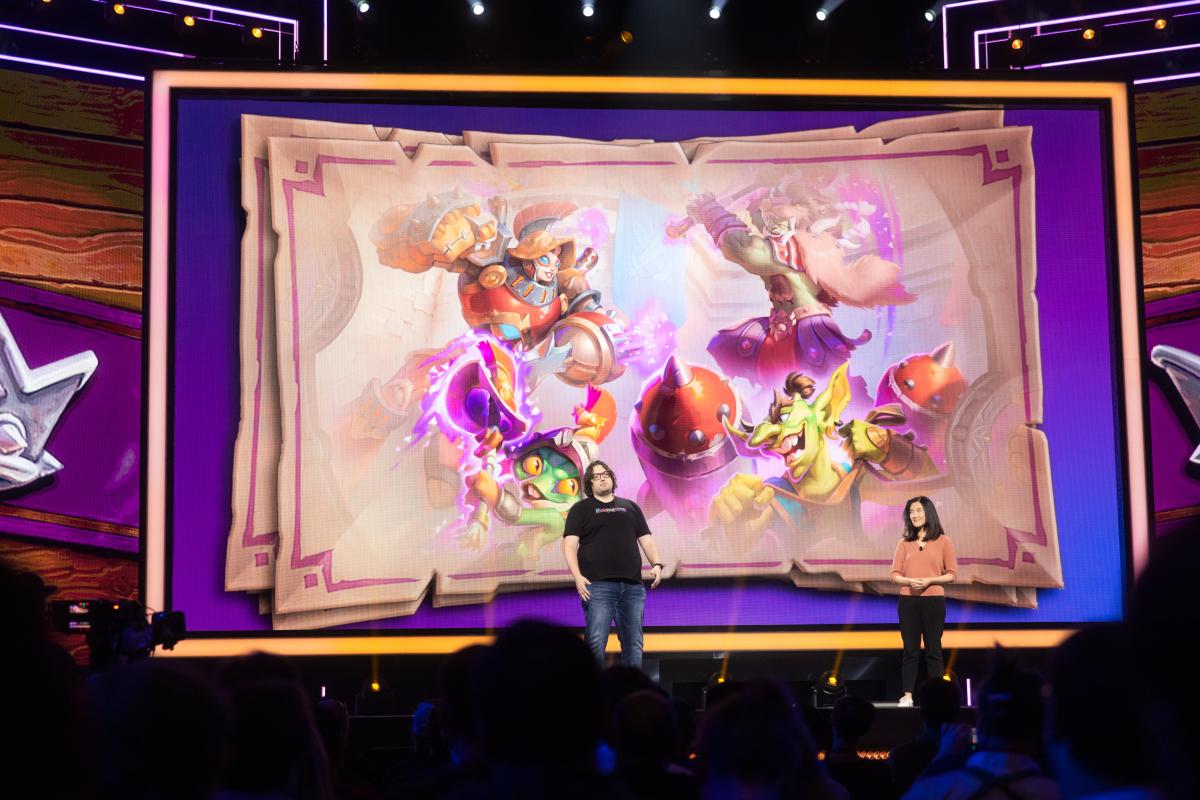
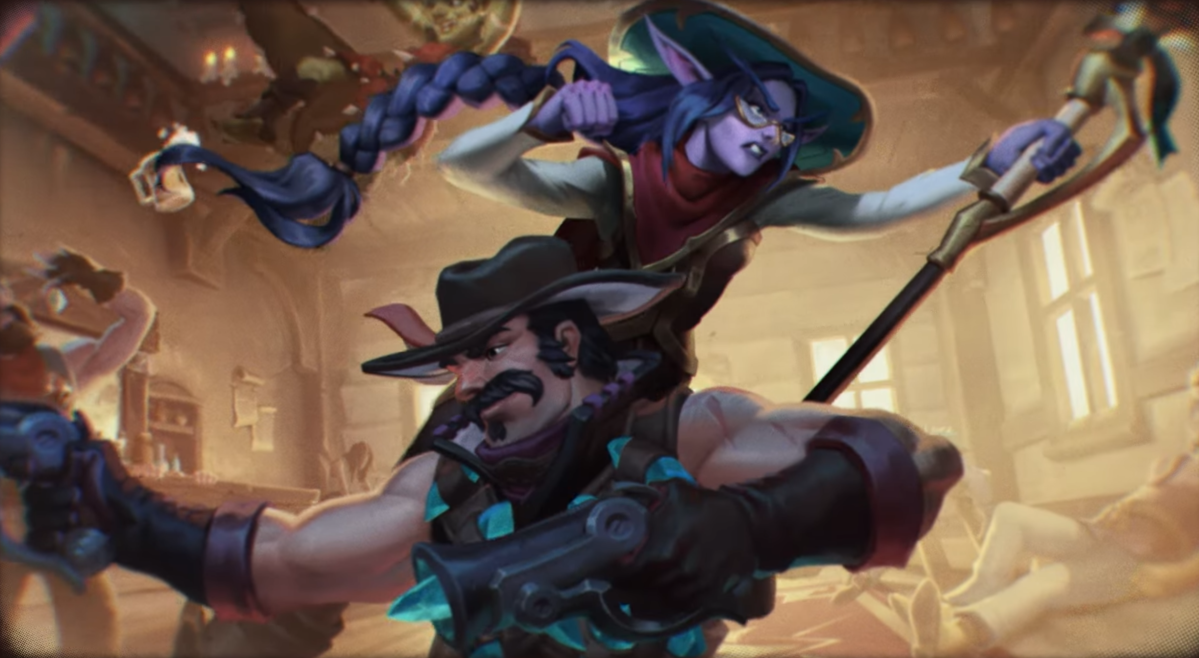
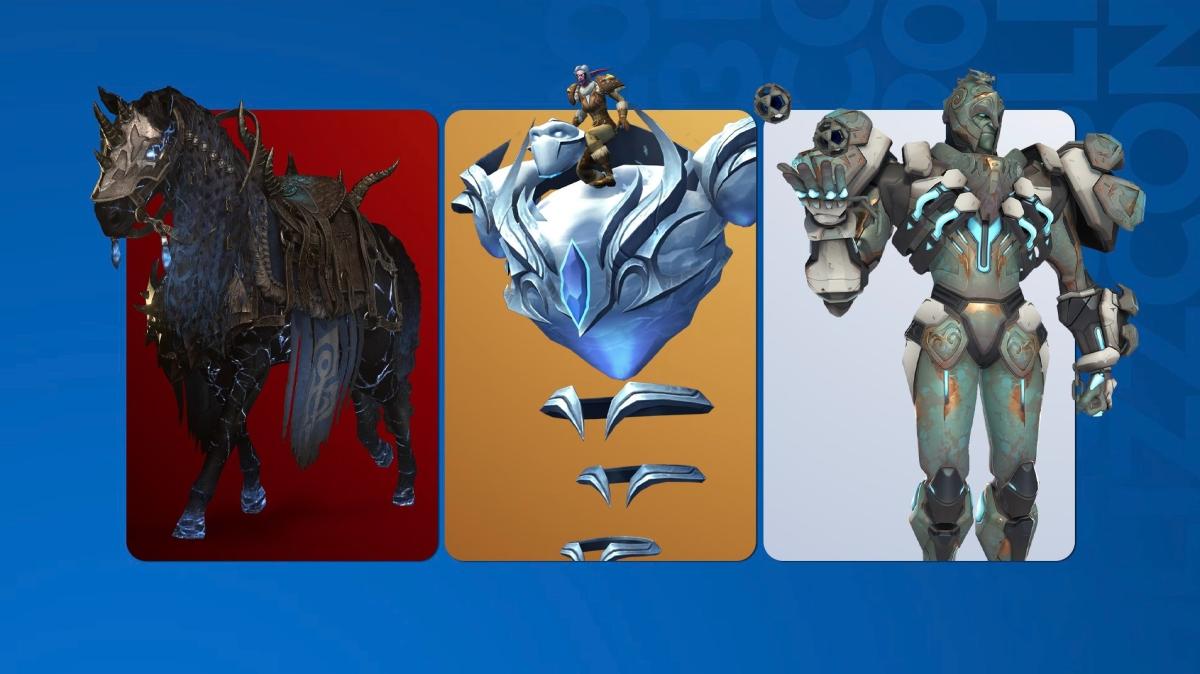
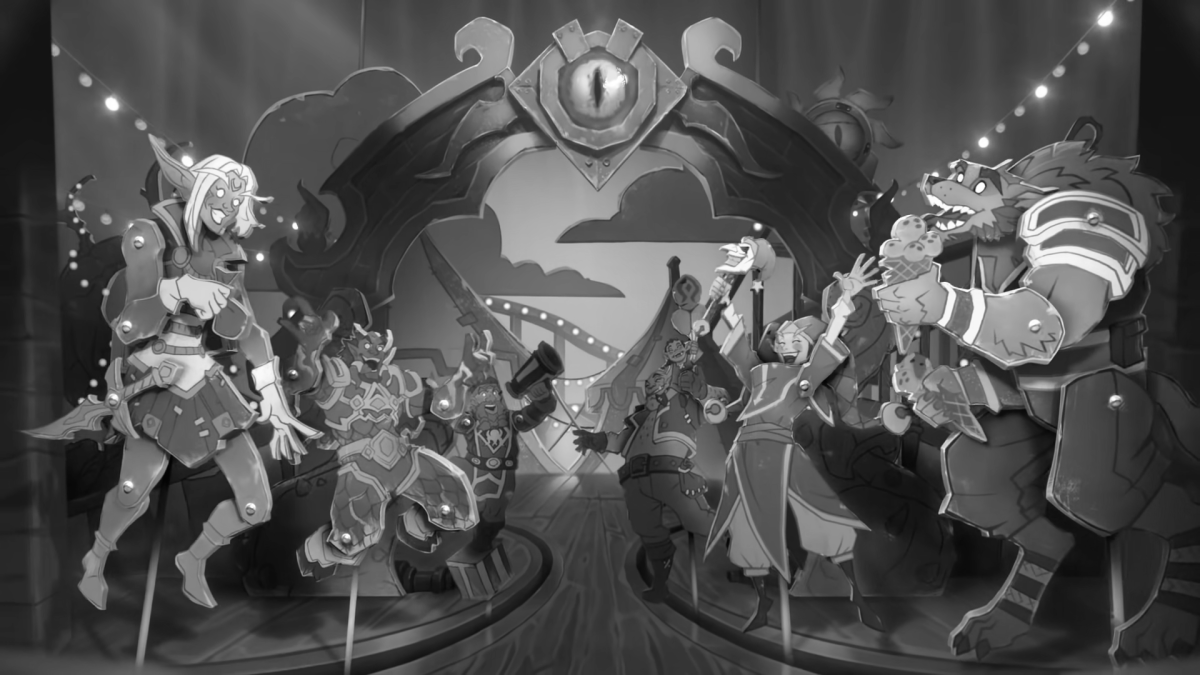
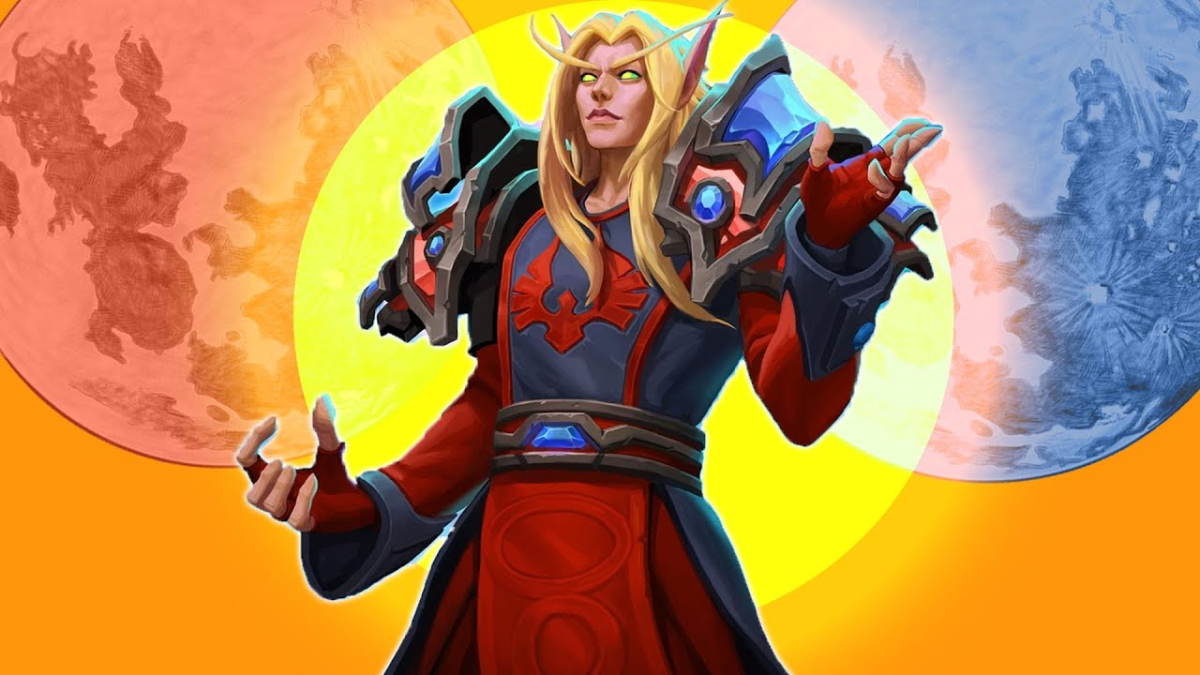


Published: Feb 13, 2015 03:42 pm